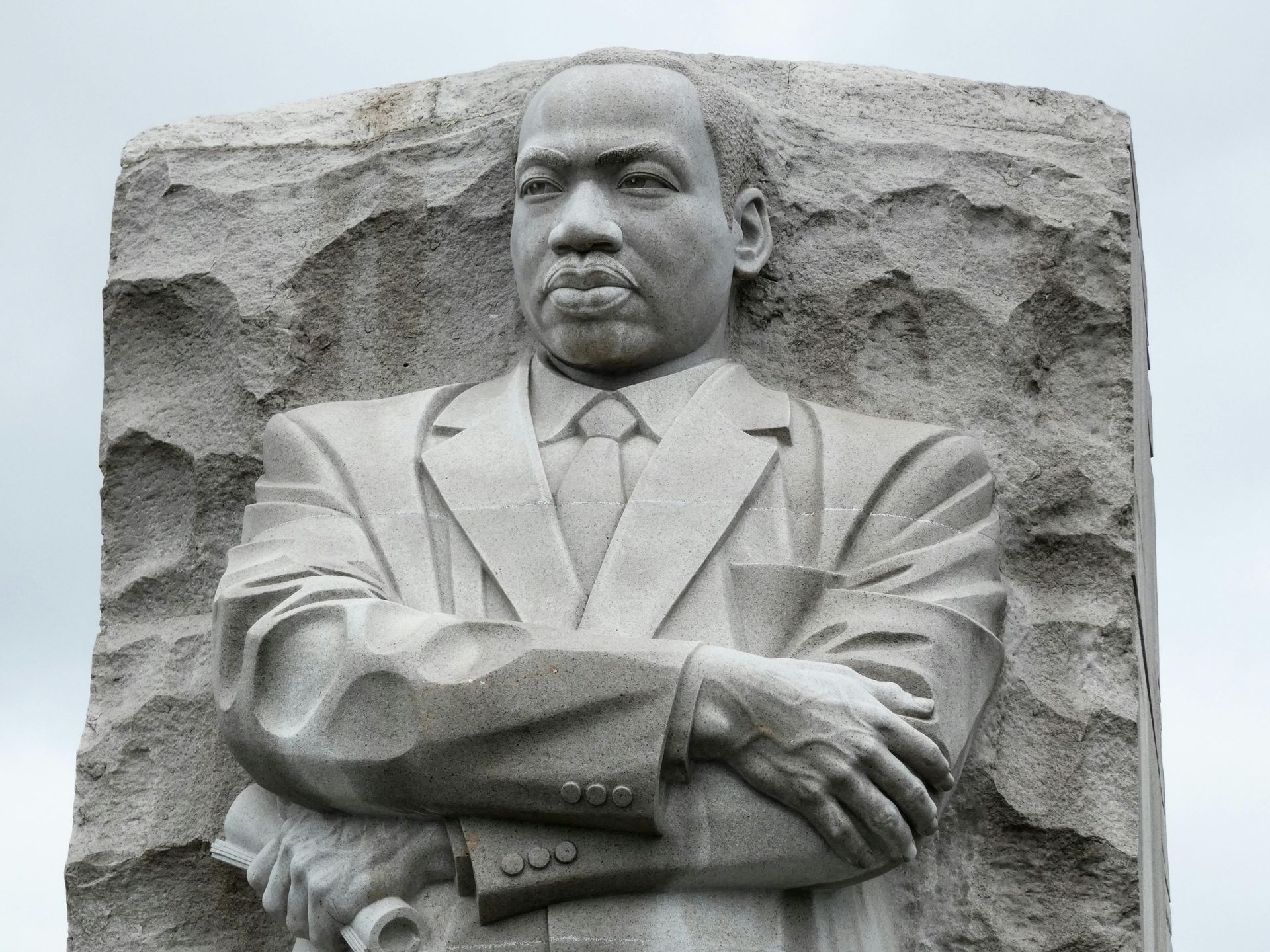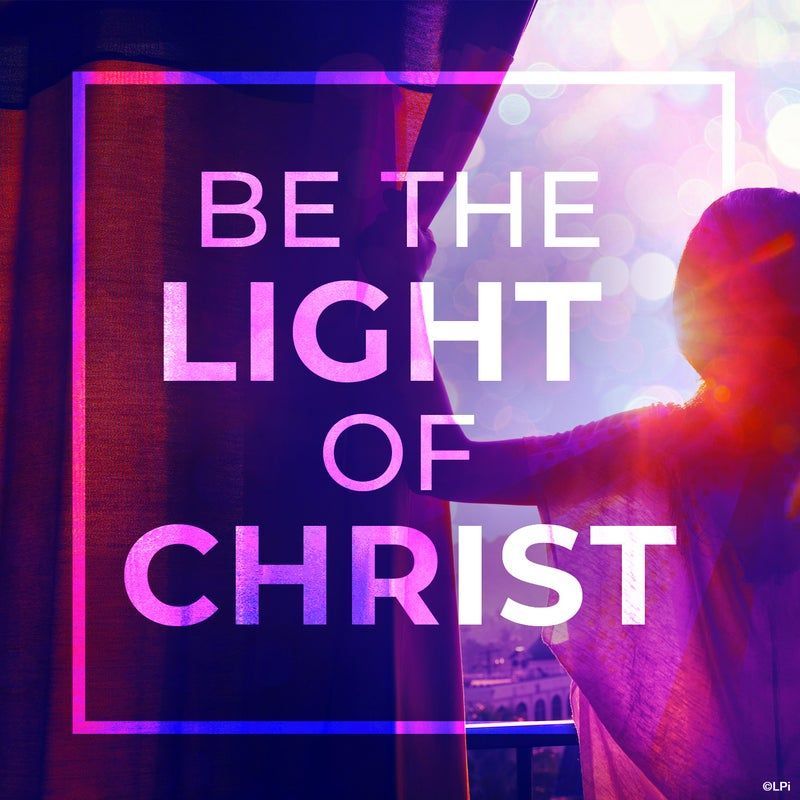2nd Sunday of Lent B February 25, 2024
2 nd Sunday of Lent B
February 25, 2024
When this old world starts a getting me down
And people are just too much for me to face
I climb right up to the top of the stairs
And all my cares just drift into space.
On the roof, its peaceful and can be
And there the world below can’t bother me
The Drifters
Going up to high places is an old method to get away from life’s concerns.
Many like to climb to the top of the stairs, or on top of mountain peaks.
The problem is that we need to come down again and face what we left in the lower places.
In today’s scriptures, we find Abraham, Isaac, Jesus, Peter, James, and John climbing onto mountain tops. These are places where they receive messages from God.
In our first reading, we hear how Abraham and his son Isaac go to the mountain top to make an offering to God. One can only imagine what the trip down the mountain and the days to follow will be like.
Benjamin Brittan puts words in the mouth of Abraham and Isaac in his Canticle II.
Isaac: Father, I am full sore afeared
To see you bear that drawn sword.
Abraham: Isaac, son, peace, I pray thee,
Thou breakest my heart even in three.
Isaac: I pray you, father, layn† nothing from me,
But tell me what you think.
Abraham: Ah! Isaac, Isaac, I must thee kill!
Isaac: Alas! Father, is that your will,
Your owne child for to spill
Upon this hilles brink?
If I have trespassed in any degree
With a yard you may beat me;
Put up your sword, if your will be,
For I am but a child.
Would God my mother were here with me!
She would kneel down upon her knee,
Praying you, father, if it may be,
For to save my life.
I would like to ask the same question Isaac asks, “Where is the mother? Where is Sarah?” Did Abraham not consult the mother of his son? Did Abraham decide on his own, to sacrifice his son? Both Abraham and Isaac will be very quiet coming down off the mountain. Isaac will withdraw from his father and Sarah will comfort her son. Abraham will be left to wonder what this challenge from his God meant. We are left with some of the same questions. Why would a God ask for the sacrifice of one’s own son? This is the son who lived out the promise of descendants as numerous as the stars. Many have tried to explain this riddle, Many greater than I. This could be a homily for another time and place.
The second mountain is the Mt of Transfiguration. Jesus takes his closest companions up the mountain to pray, and they have a vision of him in glory with Moses and Elijah. Both companions speak of the promises of God to the people. Jesus tells the companions to tell no one of the vision. This vision will feed them as they face the challenges awaiting them in Jerusalem.
For Abraham, Isaac, Sarah, Jesus, Peter, James, and John the problem with mountain tops and roofs is that one needs to come down. Abraham, Isaac, and Sarah are left with feelings of sorrow over the possible loss of a son and a God who demands such a sacrifice. Jesus and the apostles come off the mountain to go to Jerusalem, a place that offers passion and death. (The transfiguration may point to the resurrection, but they do not know about that yet.)
The same is true for us we can go to the roof or the mountain, and for a time we find release from life’s troubles and woes, but we come back down to face the slings and arrows of our life.
In these days of Lent, we face our struggles and invite God to speak with us on our mountain and provide a vision of hope as we come down the mountain.
Many will gather on Easter morning on a mount to watch the sun rise. As they climb the mount the night is dark, cold, and damp. In time the horizon reveals a patch of red and soon the sky is full of light. The night is ended and as they return to meet the day, they take with them the vision of the morning sun to reassure them that all will be well. The time on the mount changes the time spent in the valley.
Or in the words of the Drifters:
Right smack dab in the middle of town
I've found a paradise that's trouble proof (up on the roof)
And if this world starts getting you down
There's room enough for two
Up on the roof (up on the roof)
Up on the roof (up on the roof)
Oh, come on, baby (up on the roof)
Oh, come on, honey (up on the roof)
Everything is all right (up on the roof)






